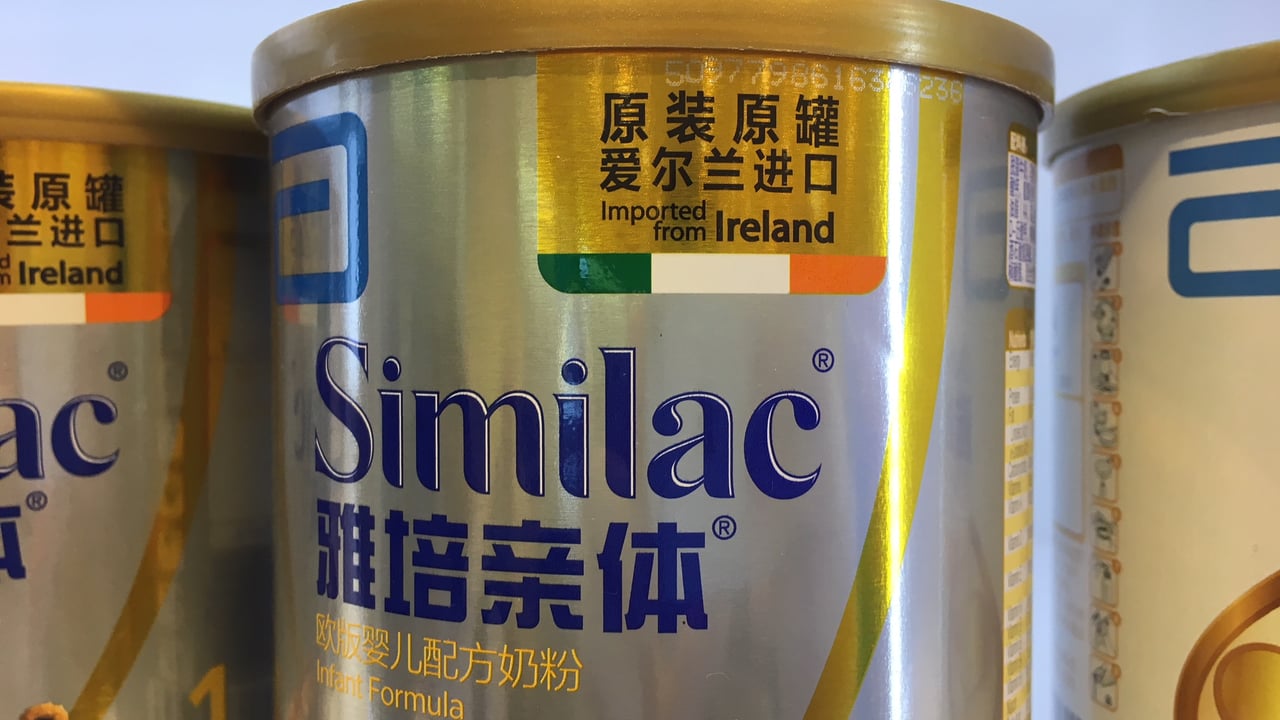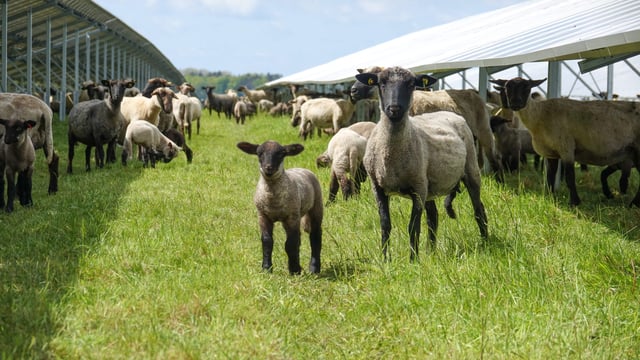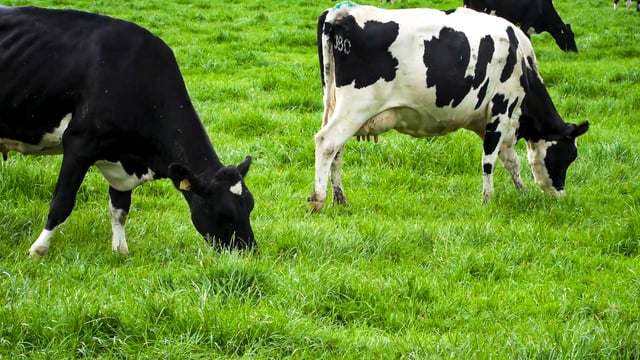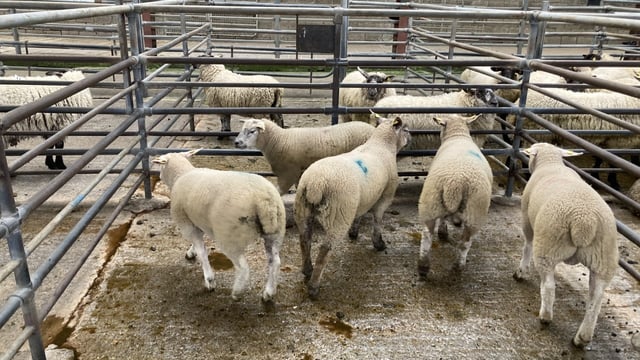Infant formula debate as senators seek advertising ban
Senators sought to ban advertisements that aim to promote infant formula in a recently held (Wednesday, May 11) debate in relation to the Online Safety and Media Regulation Bill 2022.
Senator Alice-Mary Higgins raised the issue of marketing mechanisms in the infant formula industry, where she has seen some "very concerning practices".
Ireland exports one third of the formula manufactured here to the Chinese market, she said, where the breastfeeding rate has halved over the past decade.
Only 6% of persons in Ireland breastfeed for six months, compared to the global average of 40%, according to Senator Higgins, as Ireland has "a long tradition of not supporting breastfeeding in the way it should be". She added:
Despite a voluntary code by the World Health Organisation (WHO) - which sets out, for example, that there should be no information function attached to a marketing function - breaches are continuing, Senator Higgins said.
'Big business'
Senator Pauline O'Reilly, who agreed that a ban on online advertising of infant formula is needed in Ireland, said it is "big business". She explained:
The infant formula industry in Ireland is worth €1 billion per year, which, Senator O'Reilly said, is the reason why the promotion of these products is allowed to go ahead.
Senator Tim Lombard, who is a dairy farmer, said it needs to be acknowledged that infant formula produced in Ireland is of the highest possible standard.
While breast is best, he said, the debate must be about lactation and mother and baby group meetings in communities and not in a hospital setting, which is where they are based at the moment. He added:
"To say that people fall for online advertising misses the point. I believe that people choose not to breastfeed because there are no supports in their community," according to Senator Lombard.
In this regard, Senator Higgins said while the increase in the number of lactation consultants is welcome, just over €1 million is a very small amount to be invested in the promotion of supports compared to funds associated with a commercial purpose.











